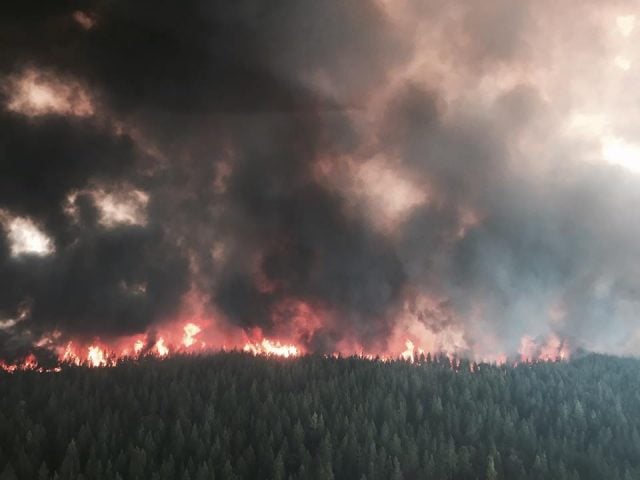
Calls have been made to the state and federal government to rule out burning biomass from native forests for electricity after it was revealed the Clean Energy Finance Corporation was lobbying federal MPs to support the proposal. [1]
The Nature Conservation Council (NCC) says burning wood from forests will drive more intensive logging of forests, ‘already reeling from 200 years of exploitation’.
NCC chief executive Kate Smolski said native forest logging was driving the disappearance of koalas, gliders and hundreds of native species from the forests, ‘and this proposal will accelerate their demise’.
‘Internationally, the burning of forest biomass as ‘clean energy’ is leading perversely to deforestation,’ Ms Smolski said.
‘Burning trees for to generate electricity is not clean or sustainable. It is a forest products industry con job swallowed by gullible governments.
‘The Clean Energy Finance Corporation’s reported lobbying of federal MPs to support this practice is the latest of a series of moments in support of the Forest Product Association’s goal.
- 2013: the O’Farrell Government amend the Protection of the Environment Operations (General) Regulation 2009 to allow burning of pulp logs. (These are ‘these are logs not suitable for sawn timber, but account for about 90 per cent of all trees harvested).
- 2015: the federal Coalition government changed the included biomass burning as a legitimate way of earning clean energy credits.
- 2017: The forestry products industry appears to have convinced the Clean Energy Finance Corporation to lobby MPs.
- 2017: The NSW Government is expected to release for comment long-awaited changes to the regulations controlling forestry operations, significantly reducing environmental protections and intensifying logging of already depleted forests.
‘With the downturn in international demand for native forest wood the logging industry is counting on electricity generation, or ‘dead koala power’, as its lifeline,’ Ms Smolski said.
‘We are not just talking about feeding forest floor litter into the furnaces. Any tree that is not good enough for the saw mills could be cut and burned for energy according to the regulations.
‘It is outrageous that in a country with such abundant sources of clean energy that governments are being led down this path.
‘State and federal governments must not bow to pressure from the forestry industry to allow our native forests to be burned for electricity.
‘Instead of considering feeding what remains of our forests into power plants, all public native forests should be protected following the expiry of the RFAs and the industry transitioned to 100 per cent plantation,’ she said.




No. Spreading false information is morally indefensible. Native forest logging is not driving the disappearance of koalas, gliders and hundreds of native species from the forests. In fact the opposite is true. Endangered species such as the long-nosed potoroo are thriving in forests where timber harvesting takes place and their populations are helping repoulate National Parks where they have gone extinct. http://www.edenmagnet.com.au/story/3468719/potoroos-on-the-move/
Nigel
Koalas have almost entirely disappeared from State Forests such as Clouds Creek as a consequence of systematic industrial-scale logging in the last 10 years. Before this time Koalas were abundant in these high fertility, high elevation forests. This has been determined by research and surveys undertaken in the last few years by OEH and the EPA.
Because logging of native forests is becoming increasingly industrialised, particularly in productive coastal forests, habitat values are being destroyed on a much bigger scale. Earlier logging practices had much less impact because they were far more selective, leaving much more habitat intact. Coastal State Forests are essentially being clearfelled in big coupes to stimulate dense Blackbutt regeneration. This is causing a major degradation of habitat values and is resulting in a complete simplification of these ecosystems from diverse species assemblages with good fauna populations to practical monocultures of Blackbutt that lack most forest fauna species.